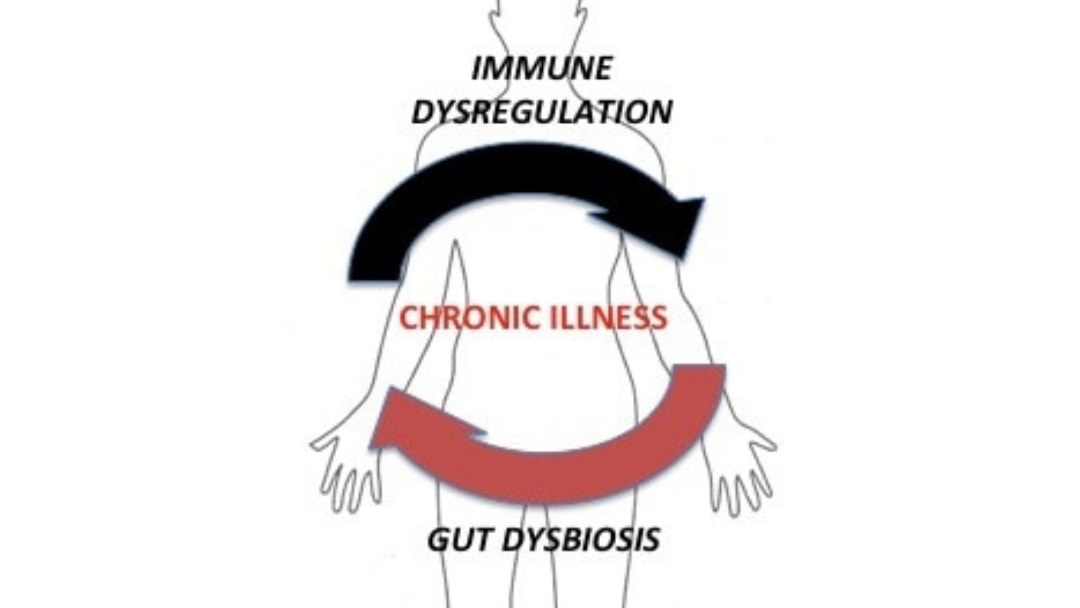Central Biological Dysfunctions in Chronic Childhood Illnesses
To understand what causes chronic illness in our children, we must first understand that the symptoms that appear in our children (wheezing, constipation, behavior issues, etc.) are the result of much more complex underlying biological dysfunctions in their bodies. The wheezing that accompanies asthma, for instance, does not simply mean that something is wrong with the lungs, rather, it is a symptom that tells us that other systems and functions in the body are breaking down.
Two very important systems in the body, the immune system and the gastrointestinal system, appear to be most affected in children showing signs of chronic illness. When the immune system and the gastrointestinal system are not functioning properly, you begin to see signs and symptoms of illness – all sorts of illness (everything from depression to eczema).
Very few people would think that the symptoms of asthma have anything to do with the gastrointestinal system or that the symptoms of autism have anything to do with the immune system, but they are all exquisitely involved. To understand how the symptoms of illness appear, we must first understand what happens when the immune system and the gastrointestinal system begin to breakdown.
When the immune system is not functioning properly, we call this condition immune dysregulation. When the gastrointestinal system is not able to do its varied and complex jobs, it is often because there is a state of gut dysbiosis.
